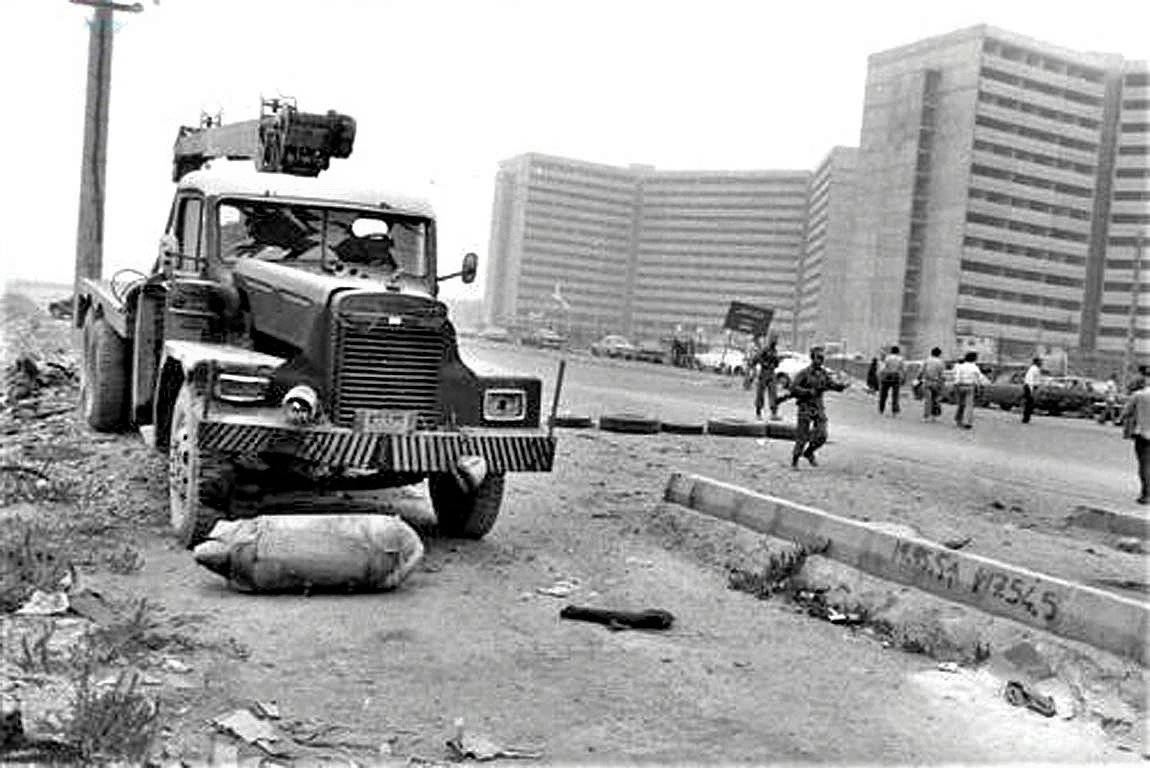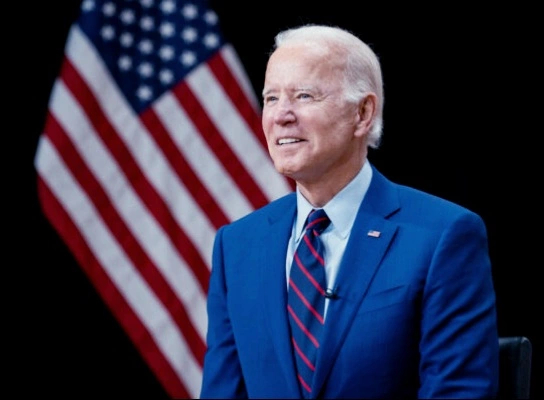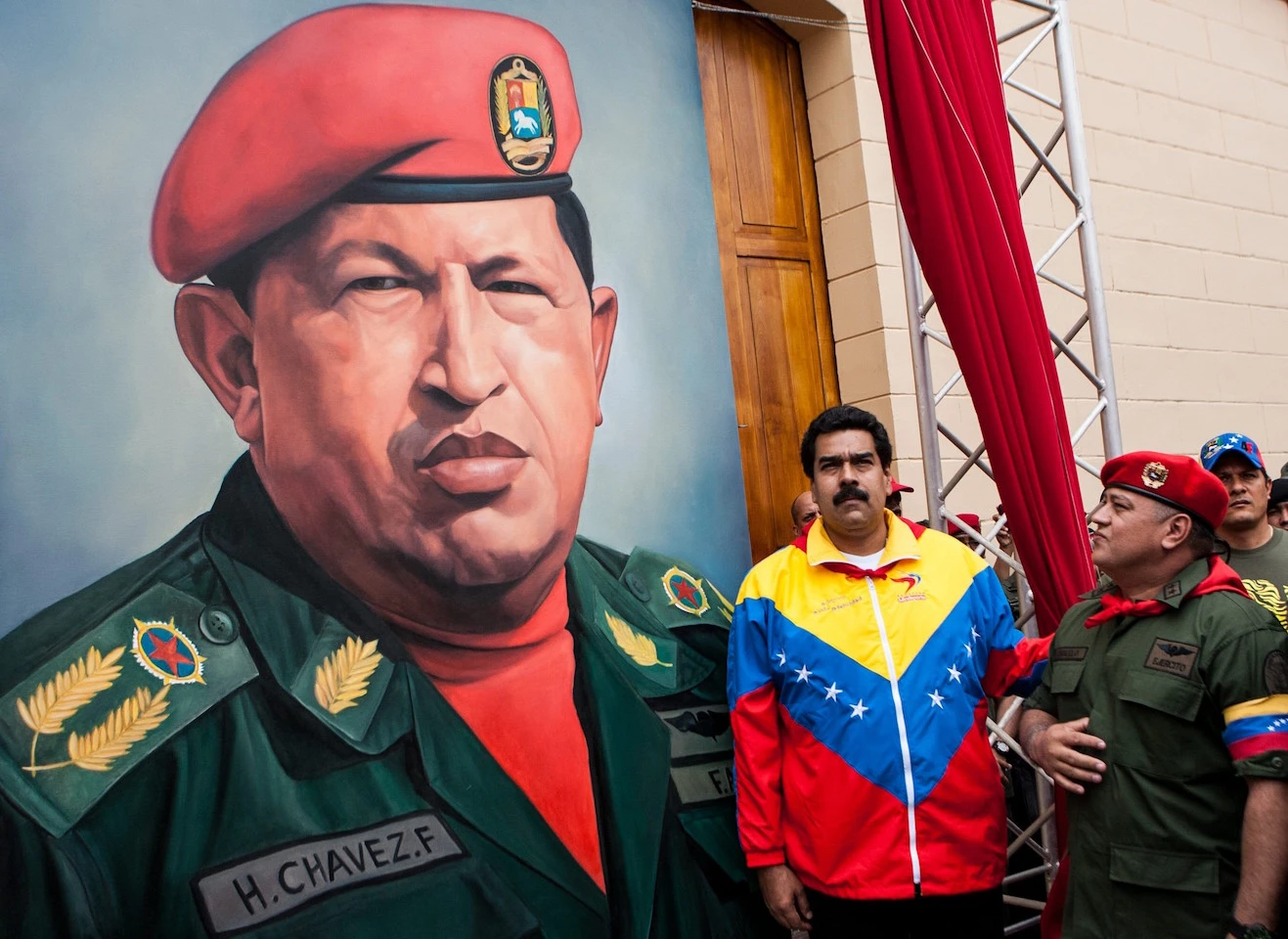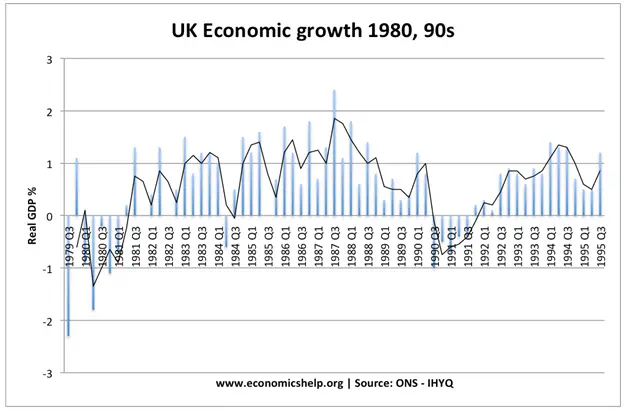As voices within the United States government and corporate media renew calls for a war with Iran, a leading researcher on Middle-Eastern affairs is warning that such a move would not just be immoral, but disastrous for an already declining American empire. In her recent column in Middle East Eye, entitled, “Why a US war with Iran would be a catastrophe,” Dr. Assal Rad, the Research Director of the National Iranian American Council writes that “A war with Iran would be a far worse blunder than Iraq, not only for its fallout but also because a clear peaceful alternative exists.”
Rad, who holds a PhD. In Middle Eastern History, sat down with us to discuss why what she describes as a “pressure-only” posture by the U.S. towards Iran is dangerous folly. “Pressure-only” means we’re using only forceful measures and not diplomatic ones when dealing with Iran. “We’re just using the stick with no carrot, and it doesn’t appear to be working,” she says. “We’ve had a mutually adversarial relationship for 43 years but various Iranian administrations have tried extending olive branches and the U.S. has rebuffed them. This contrasts with the conventional narrative that Iran is a stubborn, fanatical state that has an ideological issue with us.”
Rad cites the administration of Seyyed Mohammad Khatami who came into power in the late 1990’s and attempted to reconcile with the U.S., only to have his goodwill efforts result in further, baseless vilification out of Washington D.C. “He spoke of ‘dialogue of civilizations,’ and was the first to give interviews to U.S. publications. He totally changed the language that came out of Iran to us. Then, Iran was included in George W. Bush’s Axis of Evil. After 9-11 Khatami condemned the attacks, Iranians held vigils for American victims, and then they were still thrown into the so-called Axis of Evil – three states that had nothing to do with the attacks of 9-11,” she recalls.
“Then we had the Joint Comprehensive Plan of Action (JCPOA). The deal itself flies in the face of the narrative that Iran won’t negotiate. They did and they came to an agreement with the U.S. According to the IAEA (International Atomic Energy Agency) and the Trump administration, Iran was abiding by the deal…Then the Trump administration reneged on the deal. All of that contrasts with the conventional narrative that the problem is the other side. The problem is very clearly our side…The idea that this administration can’t do anything to change the current impasse or that it can’t reverse the previous administration’s policy is false.”
When Iran and the U.S. agreed to be a part of the JCPOA, longstanding sanctions against Iran were eased. By all meaningful accounts Iran abided by the terms of that agreement, which utilized both carrots and sticks, according to Rad.
The Trump administration then violated the agreement by pulling out of it and returned to a “maximum pressure” stance against Iran, renewing brutal sanctions against the nation we and our allies have long terrorized with coups, assassinations, and effective blockage of humanitarian aid. Washington has kept Trump’s policies in place long after he’s left the White House.
“Trump’s policies left no room for compromise and the Biden administration has essentially maintained those same policies. We’ve continued down Trump’s path,” Rad insists.
“U.S. foreign policy suffers from an internalized empire. We believe that we can force our will anywhere in the world and that they have to listen to us. That is a misunderstanding of the situation. A hammer can’t be the answer to every situation. That assumes infinite power that can’t be challenged. Imperial power is cyclical, and it is fair to argue that the U.S. empire is an empire in decline.”
Rad says for its own self-interest, the United States needs to update its outlook on the world and realize that compromise is a necessary tool. “We live in a multi-polar world,” she reasons.
“So, if we want to get policies that help our national interests and global security, there has to be some level of compromise from us. We haven’t seen that flexibility from this administration.”
Sanctions simply do not work to accomplish stated goals of the U.S. in places like Iran or Cuba, Rad points out. The regimes in power usually simply become more entrenched while their people suffer.
“Sanctions experts who have studied their effects admit that they usually don’t work. Sanctions don’t attain the policy objectives we state,” she continues.
“Our embargo on Cuba for six decades has not achieved what we said we wanted. When a policy of punishment for multiple decades doesn’t work, I think it’s fair to say that sanctions do not work.”
Rad explains that humanitarian aid that is legally supposed to be excluded from trade sanctions is still often blocked from regular people in places we sanction like Iran because banks are reluctant to run afoul of the U.S. “If you’re part of the Iranian government, you’re not affected by sanctions,” she details.
“Yet, 10-15% of the Iranian middle-class has been forced into poverty by U.S. sanctions. That’s millions of people. I cannot overstate the civilian impact of sanctions, and the fact that the targeted governments haven’t been affected.”
Americans understand the stress inflation puts on a home budget. Iranians, however, have long ago grown accustomed to hyper-inflation caused in large part by U.S. sanctions.
“In the U.S. we have the highest inflation rates that we’ve had for about 40 years and we see panic because when someone is already living paycheck to paycheck, your ability to pay for basic goods is damaged,” Rad says.
“People in Iran experience that because of U.S. sanctions but it isn’t eight or nine percent inflation on food, it’s like 300% inflation.”
If only cruel sanctions were the extent of American imperial desire with regards to Iran. Right now important voices in the U.S. government and media are calling loudly for outright hot war with and invasion of Iran.
The United States has not managed to carry out large-scale invasion of a foreign country without committing genocide and costing thousands of American lives and trillions of American dollars for over half a century at this point. With our struggles to dominate Vietnam, Afghanistan, and Iraq fresh in mind, we ask Dr. Rad if she believes that the American invasion of the large, well-armed nation of Iran which U.S. war hawks are currently calling for, would be an easy and lasting “victory” for the empire.
“I tend towards not liking to predict things, but an educated guess would tell you ‘no,’” she answers.
“After we left Afghanistan it took the Taliban a few days to take back over. The Taliban is in a stronger position today than they were in 2022 when the U.S. invaded.
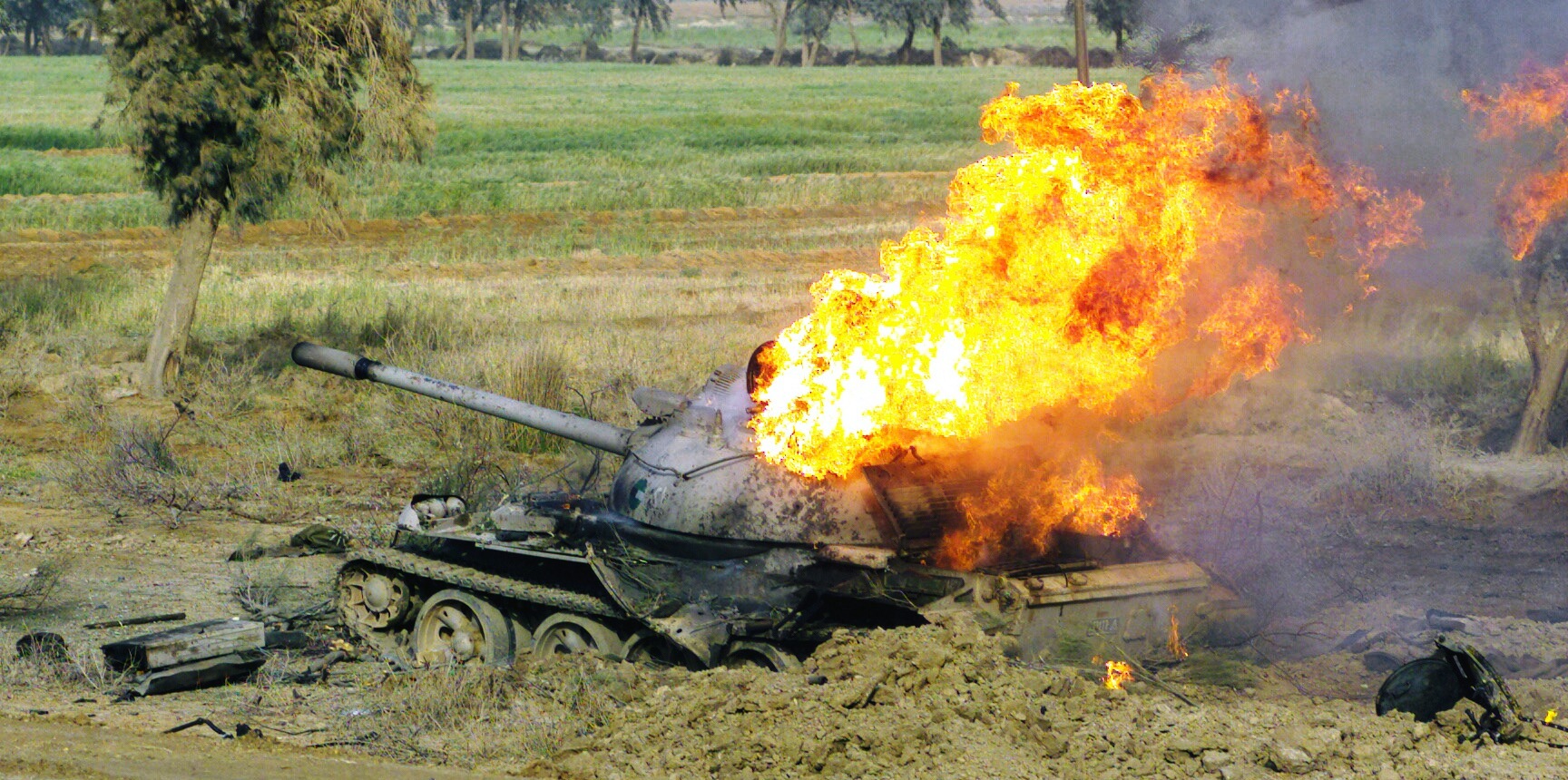
“Iran has a bigger population than Iraq and Afghanistan. It has a larger foothold in the region because of our invasion of Iraq. Iran is in a stronger position in the region than the Taliban ever was. The Taliban was merely trying to sustain itself. Iran has an entrenched and massive bureaucratic and military infrastructure. The idea that we would go in and just win some kind of war is sort of absurd to even consider…I don’t see any scenario in which one could conclude this would be an easy war.”
Dr. Rad says it isn’t hard to envision several scenarios in which Iran could exact a serious cost on the U.S. and the world should Washington ramp up its aggression towards Tehran into all-out war. Despite that, she says that American leaders seem eager to continue its path towards war against Iran because they themselves are in an elite class that will largely not face the same types of consequences normal Americans and Iranians would have to suffer.
“If we’re being honest, they’re insulated from consequences,” she continues.
“Millions of refugees can be created in Iran, but they won’t be affected. We already have a refugee crisis from multiple places in the world…We created a problem and then we’ve said we don’t like it. So, here’s an idea – let’s not create the problem, again.”
Rad cannot see any way that an American war with Iran could end well or cleanly for the U.S. “There is no angle for war to go well,” she insists.
“Unlike in other cases there is a clear, peaceful alternative.”
Much of the aforementioned analysis is still fundamentally from an American perspective that would value our primacy in the world. Dr. Rad soberly assesses that war with Iran would be disastrous for both nations and indeed the entire planet.
Still, she doesn’t accept the premise that Iran is the problem to be dealt with. Though she says she’d like to see a world completely free of nuclear weapons, Rad does not accept the conventional logic that the United States – the lone country in human history to have murdered with atomic bombs – has any moral standing to deny Iran or any other nation the ability to develop its own nuclear power generation, especially with Iran facing a hostile neighbor and close U.S. ally, Israel, which is equipped with its own nuclear arsenal.
“No. Absolutely we don’t. This is very clearly just a matter of power,” she concludes.
“We absolutely have no moral argument. The conventional narrative is that Iran is this rogue state but Iran has never attacked Israel, while Israel has carried out assassinations and sabotage inside of Iran. The way the issue is framed with Iran is flawed from the very beginning. The logic here is that they are bad and we are good and therefore every piece of information is filtered through that lens. That premise is flawed. Their government isn’t good, either. Mostly all governments do a crap job.
